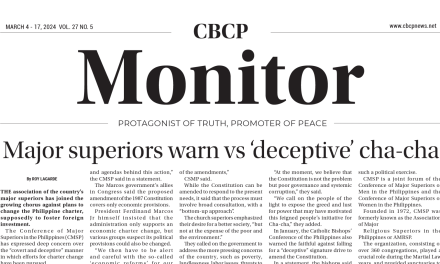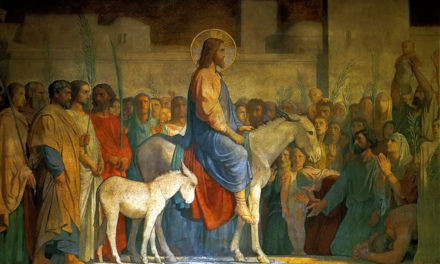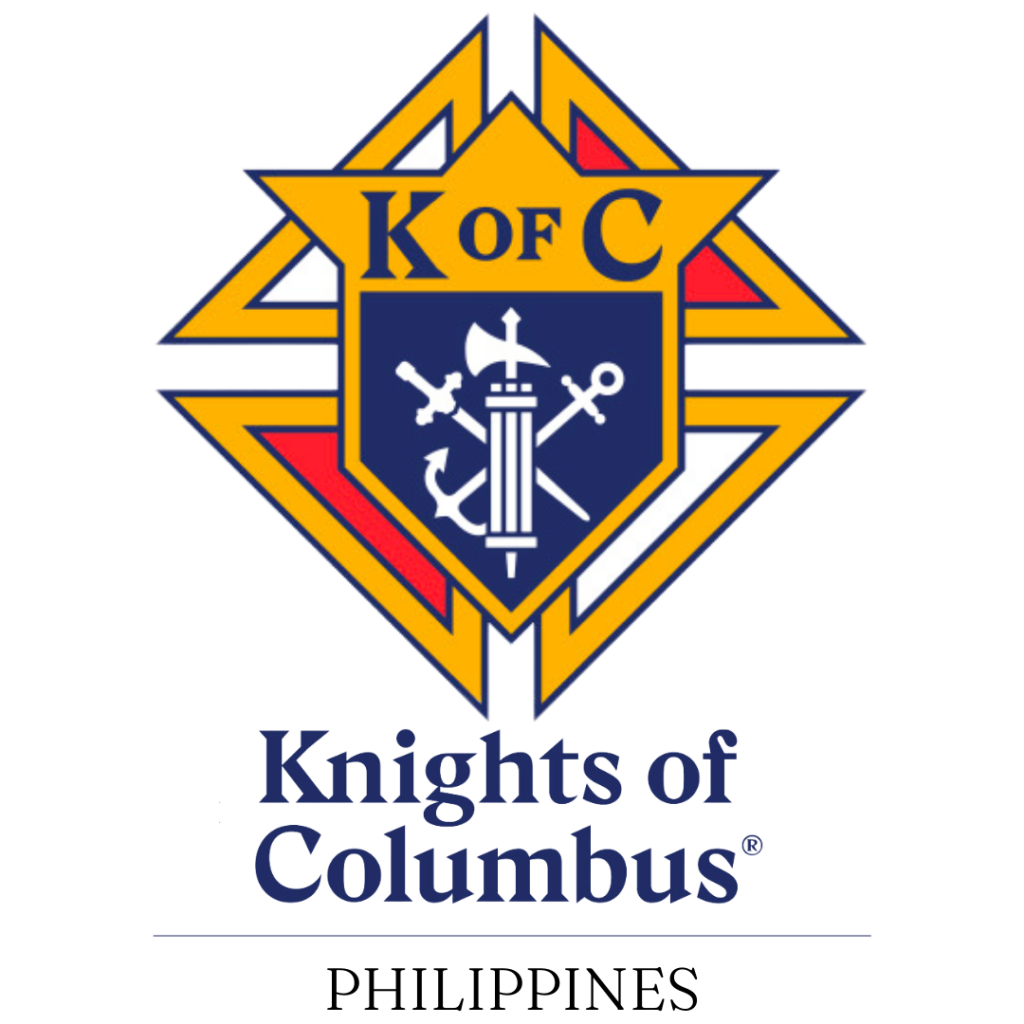
The Eucharist: Christ’s empowering and transforming gift


Holy Thursday, Evening Mass of the Lord’s Supper, Year A (Jn 13:1-15)
April 13, 2017
By Fr. Sal Putzu, SDB
GIFT-GIVING is an interpersonal and social activity that is found in all human societies. A gift is a sign of love. This is what makes it meaningful and precious far beyond the “commercial value” of the object that is offered. The greater the love, the more precious the gift, even when the object chosen to express it may not be proportioned to the intensity of the love it is meant to signify.
All of us have received gifts, just as all of us have given gifts to some person or other. We should never forget that our very existence, with its rainbow of corollary gifts such as intelligence, affectivity, memory, and all the resources of our bodies, are gifts from the Creator. So is the world in which we live, the family and society into which we were born. All these are signs of God’s immensely generous love for us.
Unfortunately, we humans have tainted even this splendid expression of God’s love for us with the dark stigma of sin. And so there have been and there are people who use gifts not to express love but enslave and hurt others. These are the gifts of the “Padrino,” who buys a guilty silence or obtains an even guiltier cooperation in committing crimes; the gifts of the one who bribes his/her way to success at the expense of worthier ones; the gifts that choke consciences and gag voices in order to let evil prevail and continue . . . .
But a genuine gift should always be a sign of generosity and selfless love. Ultimately, it should signify the donor’s desire to give himself/herself totally to the recipient, in love. This is why all gifts fall short of really being what they are meant to express. All, except the Eucharist. The Eucharist is precisely what it is meant to be: Christ’s total gift of self to us in the fullness of his divinity and humanity, in spite of the poverty of the material elements used to convey it.
It is impossible to express in words the preciousness of the gift of the Eucharist. The more we say or write, the more we feel that we are only mumbling something that miserably falls short of the reality we are talking about. It is only in the life to come that we will be able to understand the preciousness and wonder of the Eucharist, for, indeed, it is “the Mystery of Faith.”
But even with all the limitations that characterize us, it is good that we realize how the Eucharist is a LIFE-GIVING and EMPOWERING GIFT. It gives life and strength to our weary souls, for in it we receive Jesus himself, the source of our spiritual life. This is why it empowers all the baptized to honor the commitments undertaken at their baptism. It supports the people of every profession and walk of life in the fulfillment of their duties. It sustains the virgins in their effort to keep their hearts and bodies pure as the Lord deserves. It gives the martyrs the strength to witness to their faith even at the cost of their life.
In his generosity, Jesus demands nothing in return. For him, it is enough to give, enrich, strengthen, and empower us. And yet, on our part, if we are people with a sensitive heart, we feel that we must do our best to reciprocate the gift, no matter how short we may fall in our effort. Such a TOTAL GIFT elicits from us a “TOTAL RETURN.”
In practical terms, this means that we should make a “gift” of our poor lives – the best we can – to the Lord and to our neighbor. This requires that we do our very best to please God in all we think, say, and do. It demands that we place ourselves at the service of others in all humility and sincerity. It entails forgetting ourselves and giving priority to our neighbor. In short, this demands that we, too, become “eucharist”–a “eucharist” with a small “e”; a pale reflection, we must admit, of the one with a big initial, but the best we can be, nonetheless. This will be our “reciprocation” to the Gift we have received from him. And Jesus will receive it with a sincere, grateful smile, like the one of the parents who accept and appreciate the simple gifts of their little children.
But for this gift of ours to be fully welcomed by Jesus, it must be accompanied by the gift of ourselves, offered in all sincerity and spirit of service, to our neighbor. We should do that in imitation of what Jesus himself did at the Last Supper, when he washed the feet of his disciples. “Do you realize what I have done for you?”, he asked them. And he concluded, “I have given you a model to follow, so that as I have done for you, you should also do.” (Jn 13:12b. 15)









